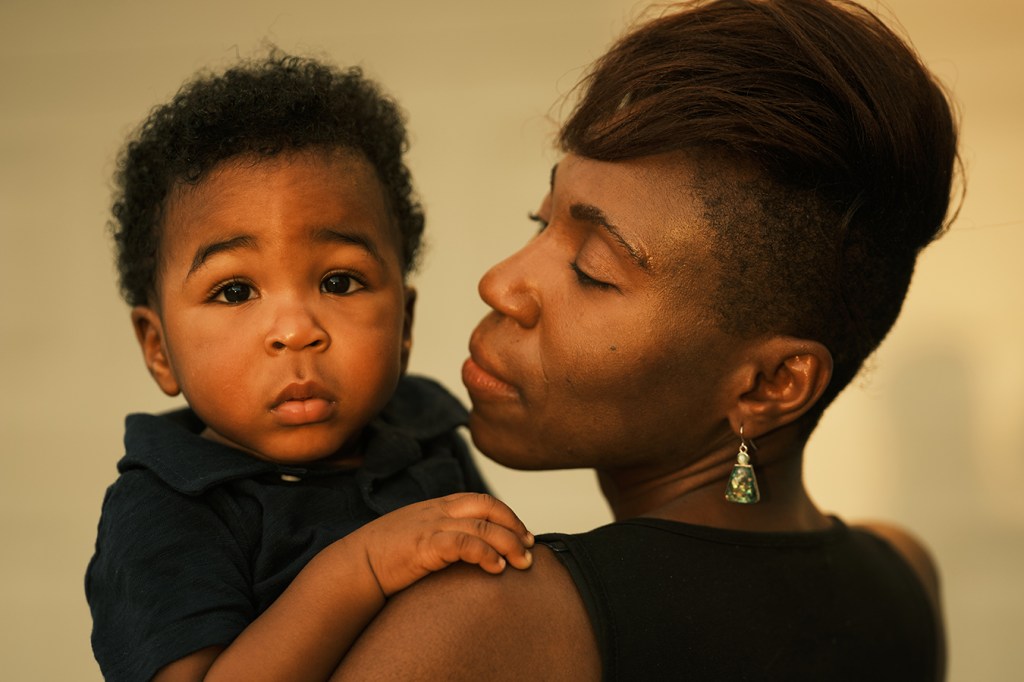Secondary cytoreductive surgery (SCS) for recurrent ovarian cancer significantly improved overall survival (OS) when surgery achieved maximal tumor resection, a large meta-analysis showed.
Pooled data from 36 studies showed a death rate of 44.2%, which decreased substantially with increasing rates of complete and optimal SCS. With cutoffs of ≤70% for complete cytoreduction and ≤85% for optimal cytoreduction, death rates were 53.8% and 52.8%, respectively. When the proportion of patients achieving complete and optimal cytoreduction surpassed those cutoffs, death rates decreased to 34.6% and 36.5%.
Both complete and optimal cytoreduction had significant associations with better OS, reported Myong Cheol Lim, MD, PhD, of the National Cancer Center in Goyang, South Korea, and coauthors.
“Our findings reinforce the current trend of the gynecologic oncology community to apply maximal surgical effort even when relapse occurs, pairing the surgical advances with the rapidly developing systemic advances in epithelial ovarian cancer,” the authors wrote in the Journal of Clinical Oncology.
“Our data confirm that maximal effort cytoreductive surgery resulting in maximal tumor debulking can significantly improve patients’ survival at relapse,” they added. “In combination with the vast systemic advances, surgery has contributed to the profound improvement of patients’ outcomes over the decades.”
The analysis added more data to a debate that has spanned more than 40 years. Early studies of secondary surgery at recurrence showed that complete clearance of macroscopic disease was associated with improved OS and progression-free survival (PFS). In contrast, optimal cytoreduction to minimal residual disease had limited impact on OS after recurrence, the authors noted in their introduction.
More recent prospective, randomized trials (specifically GOG 213, SOC-1, and DESKTOP III) showed a consistent benefit of SCS on PFS but conflicting data on OS. In fact, patients who underwent secondary surgery in GOG 213 had a median OS that was almost a year shorter as compared with patients who received systemic therapy only.
Against that background, Lim and colleagues performed a comprehensive literature review and meta-analysis in an effort to produce additional evidence to inform decision-making about SCS. The review covered January 1983 through December 2021.
Beginning with 226 published studies, investigators pared the list to 80 for a full review, and then to 36 that reported death rates for use in the meta-analysis (three prospective randomized trials, seven prospective nonrandomized studies, and 26 retrospective studies). Additionally, they included 57 studies with median OS and study size in linear regression modeling.
The included studies defined “complete” cytoreduction as absence of macroscopic residual disease (the goal of more recent studies) and optimal cytoreduction as residual disease ranging from 0.25 cm to
The 36 studies had a total of 2,805 patients whose age ranged from 51 to 64 (median 56.5). Median follow-up was 32.7 months in 26 trials that reported it, and disease-free interval ranged from 14 to 48.2 months in 28 studies. Median rates of complete and optimal cytoreduction were 69.8% and 85.7%, respectively.
The results showed that both complete and optimal SCS had significant associations with OS (PP=0.005, respectively). For every 10% increase in complete/optimal cytoreduction, median OS increased by 8.97% and 7.04%, respectively.
A univariable linear regression model weighted for study size identified four factors that were significantly associated with OS:
- Higher proportion of complete cytoreduction (P
- Higher rate of optimal cytoreduction (P=0.001)
- More recent publication (P
- Older age (P=0.015)
“Although the current practice clearly favors maximal surgical effort at relapse, the important impact of the evolving incorporation of new agents needs to be taken into account by the gynecologic oncology community,” the authors noted in their discussion.
“Most studies that address the value of SCS have been conducted and completed in eras when the incorporation of novel targeted agents … was not routinely implemented,” they wrote. “Hence, a logical question arises whether the routine implementation of such agents would negate the value of surgical debulking or additionally potentiate it through a maximal effort approach across all therapeutic levels. This, we suspect, will remain an open question since it appears very challenging to conduct a confirmatory study with the routine implementation [of targeted therapies] in the systemic treatment arm.”
![author['full_name']](data:image/png;base64,R0lGODlhAQABAAD/ACwAAAAAAQABAAACADs=)
Charles Bankhead is senior editor for oncology and also covers urology, dermatology, and ophthalmology. He joined MedPage Today in 2007. Follow
Disclosures
The study was supported by the National Cancer Center of South Korea.
Lim disclosed relationships with GI Innovation, Boryung, AstraZeneca, Takeda, CKD Pharm, Clovis Oncology, and OncoQuest.
Note: This article have been indexed to our site. We do not claim legitimacy, ownership or copyright of any of the content above. To see the article at original source Click Here



![author['full_name']](https://indexofnews.com/wp-content/uploads/sites/2/2022/03/localimages/charlesBankhead_188.jpg)










